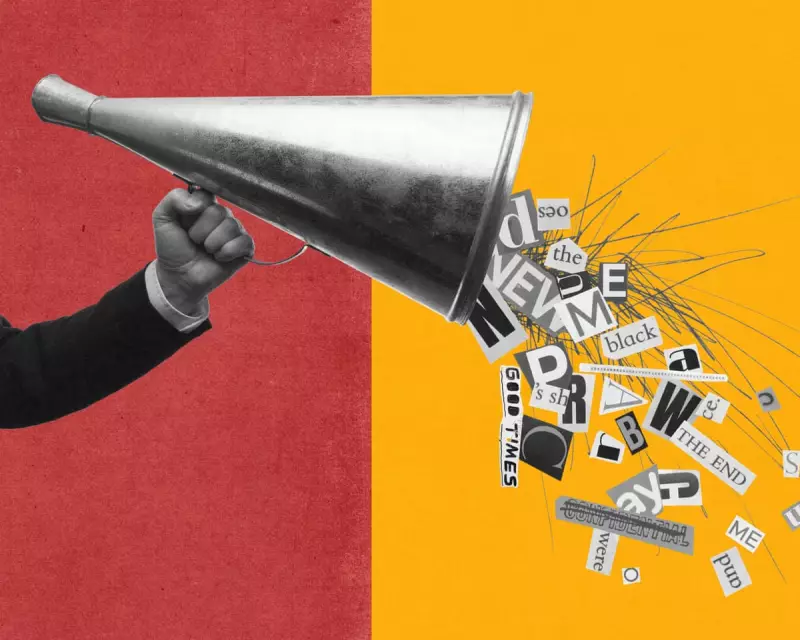
In an alarming trend that threatens the very foundations of public discourse, renowned scientists are finding themselves on the front lines of a new kind of warfare: weaponised disinformation campaigns that have turned research into a battlefield.
Prominent climate scientist Michael Mann and vaccine researcher Peter Hotez have become household names not just for their groundbreaking work, but for the relentless harassment they endure from coordinated online attacks. Their experience reveals a disturbing pattern where scientific expertise is systematically undermined by malicious actors.
The Personal Cost of Public Service
Dr. Hotez, a leading figure in tropical disease research, faced unprecedented vitriol following his work on COVID-19 vaccines. What began as online criticism escalated into terrifying real-world threats, forcing him to confront the human cost of scientific advocacy in an increasingly polarized world.
Meanwhile, Dr. Mann's climate research has made him a perpetual target for well-funded denial campaigns. His court victory against defamatory attacks represents a rare triumph in what often feels like an asymmetrical conflict between evidence-based science and emotionally-driven disinformation.
The Anatomy of a Modern Witch Hunt
These attacks follow a familiar pattern designed to maximize damage:
- Coordinated amplification through social media networks and partisan outlets
- Personalised harassment targeting researchers and their families
- Institutional pressure aimed at undermining academic freedom
- Legal intimidation through frivolous lawsuits and complaints
A Chilling Effect on Scientific Progress
The consequences extend far beyond individual researchers. Early-career scientists are increasingly discouraged from engaging in public discourse, while vital research areas become politicized battlegrounds. This erosion of trust in institutions represents one of the most significant threats to evidence-based policymaking in generations.
As disinformation campaigns become more sophisticated and better funded, the scientific community faces an urgent question: how can society protect those who pursue truth when truth itself has become contested territory?
The struggle of researchers like Mann and Hotez serves as both warning and call to action—a reminder that defending science means defending the very mechanisms through which we understand our world and address its most pressing challenges.





